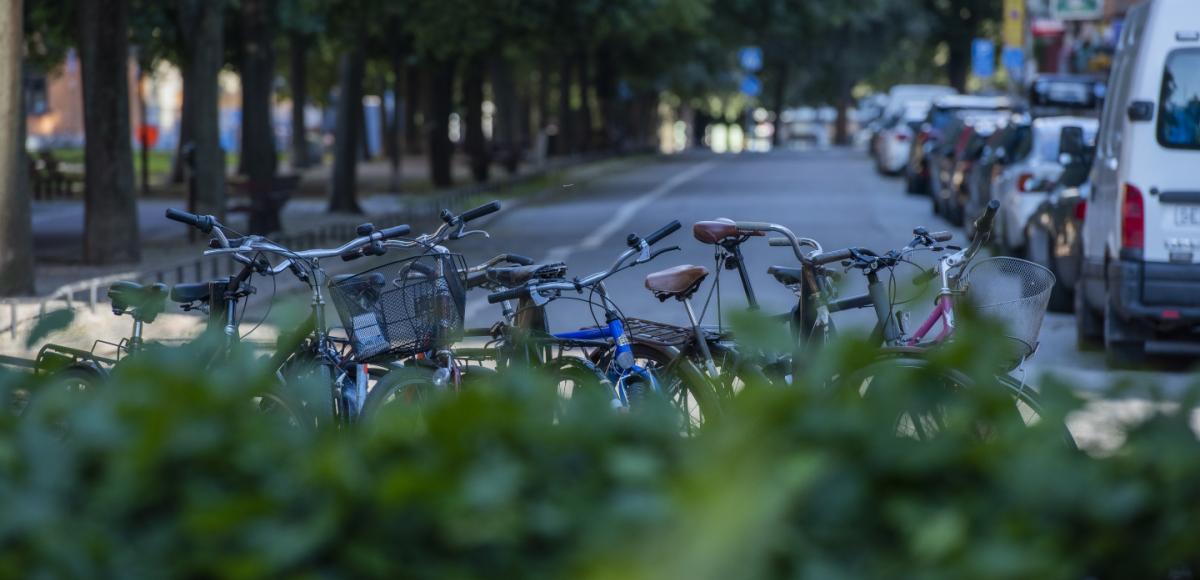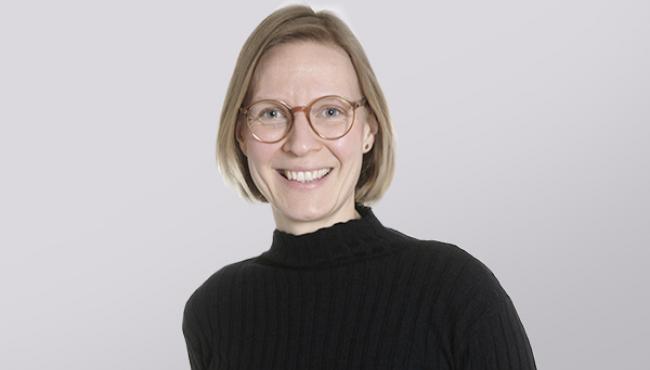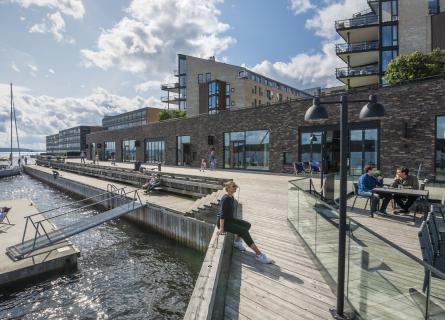
The CRC – a new tool for social sustainability in Sweden
Future Cities Insight #20 - The CRC – a new tool for social sustainability in Sweden
At the turn of the year, The Convention on the Rights of the Child (CRC) became law in Sweden. This is potentially a major step forward for our work in sustainability. With the new legislation, we have been given a tool, not only to work with children's perspectives in planning, but to strengthen social sustainability in urban planning overall. And it was about time!
Three sustainability aspects
For many years, in Sweden, we have developed environmental legislation that can protect everything from green-spotted toads and biodiversity, to air and water quality – all basic conditions for us to live a good life on our planet.
Whether we want to or not, the economy usually sets the framework. Good housekeeping with resources and long-term business models also form the basis for long-term sustainable solutions.
It is the third sustainability aspect – social sustainability – that is most difficult to implement when building resilient urban communities. Safety, health and justice are subjective concepts that can sometimes be difficult to quantify. One reason for this is the time aspect: it is only in the long term that we reap the consequences of the priorities we make in urban planning.
What happens if we build a poorer schoolyard, barriers between two neighbourhoods or fail to provide affordable housing? Really bad cities is the answer. But it is not always easy to include that fact in the equation.
Better cities for everyone
That is why it is great that we can now use the Children's Convention as a tool – not just to strengthen children's perspective in urban planning, but social sustainability as a whole. Because what’s good for children is generally good for most people. About 15 years ago, Gil Penalosa, founder of the non-profit organization 8-80 Cities, coined the term 8-80 city: ”What if everything we did in our cities had to be great for an 8-year-old and an 80-year-old? Surely, we would end up with fantastic cities for all!” I agree.
Things are already starting to happen
We already see a ripple effect of the new legislation. The Swedish National Board for Housing, Building and Planning (Boverket) has been commissioned to investigate how the Convention will be expressed in physical planning. It will be exciting to see the results!
At AFRY, we work proactively to secure children’s perspective in our urban planning projects. One example is the project Children’s Housing First. The number of families in homelessness in Malmö, in the south of Sweden, is increasing and the consequences are serious: not having a home limits the ability of children to access education, establish relationships and maintain routines for food, play and rest. With money from Sweden’s innovation agency Vinnova, we work together with Malmö University, Save the Children and the non-profit organisation Stadsmissionen to find a model that can guarantee children housing both in the short and long term. And this is just the beginning – now we have the tools and together we can create better cities for everyone.
Hannah Wadman, Urban Planner

